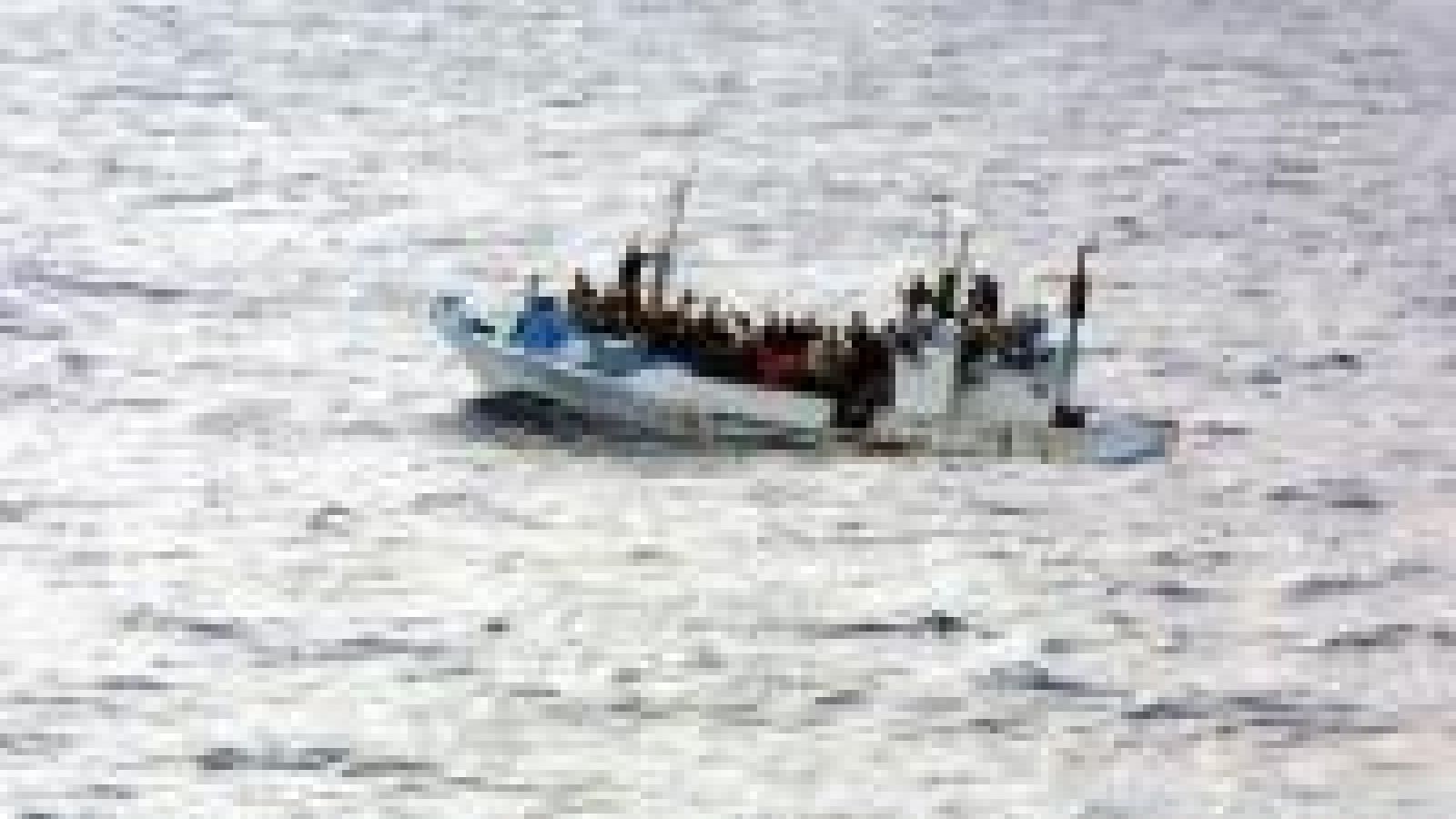Refugee responsibility a regional affair

A report recently released by ANU reveals that policies aimed at deterring and deflecting refugees cannot be the basis of regional arrangements for refugee protection.
In comparison to the 2012 Houston Expert Panel report, which recommended that Australia implement policies to deter refugees from coming to Australia, the report released by ANU today suggests that such policies are likely to undermine cooperation among states in the Asia Pacific region and run the real risk of harming refugees.
The report is from the Colloquium on Refugees, Regionalism and Responsibility, which brought together more than 25 experts in law and refugee protection from Australia and around the world, and representatives of the UNHCR, Indonesia and the Association of Southeast Asian Nations Intergovernmental Commission on Human Rights.
Professor Penelope Mathew, from the College of Arts and Social Sciences co-convened the Colloquium, and she said that responsibility sharing is imperative to enhance protection of refugees in the Asia Pacific region.
“Developing countries host more than 80 per cent of the world’s refugees and they are not adequately supported. More effort is required to ensure that refugees are able to work, pursue their education and contribute to their host societies,” says Professor Mathew.
Mr Richard Towle, the UNHCR Representative for Australia, New Zealand, Papua New Guinea and the Pacific spoke to those attending, saying that responsibility sharing needs to be based on principles of equity, respect for sovereignty, reciprocity and solidarity between states in addressing the protection needs of refugees.
“States that try to impose their own diagnosis and solutions on others will not attract the support of other states, particularly if the concerns of those states are not addressed”, Mr Towle said at the Colloquium.
This stance echoes the comments from Indonesian leaders in recent weeks, says Professor Mathew.
“It would be good to see government engaging with some of the ideas presented at the Colloquium. Can Australia raise more interest in refugee protection by showing solidarity in the area of migrant workers? Can resettlement be used more strategically so as to improve standards of protection in host countries? Can overseas aid be used in a way that benefits both refugees and local citizens?”
Copies of the report are available on the Freilich Foundation website.